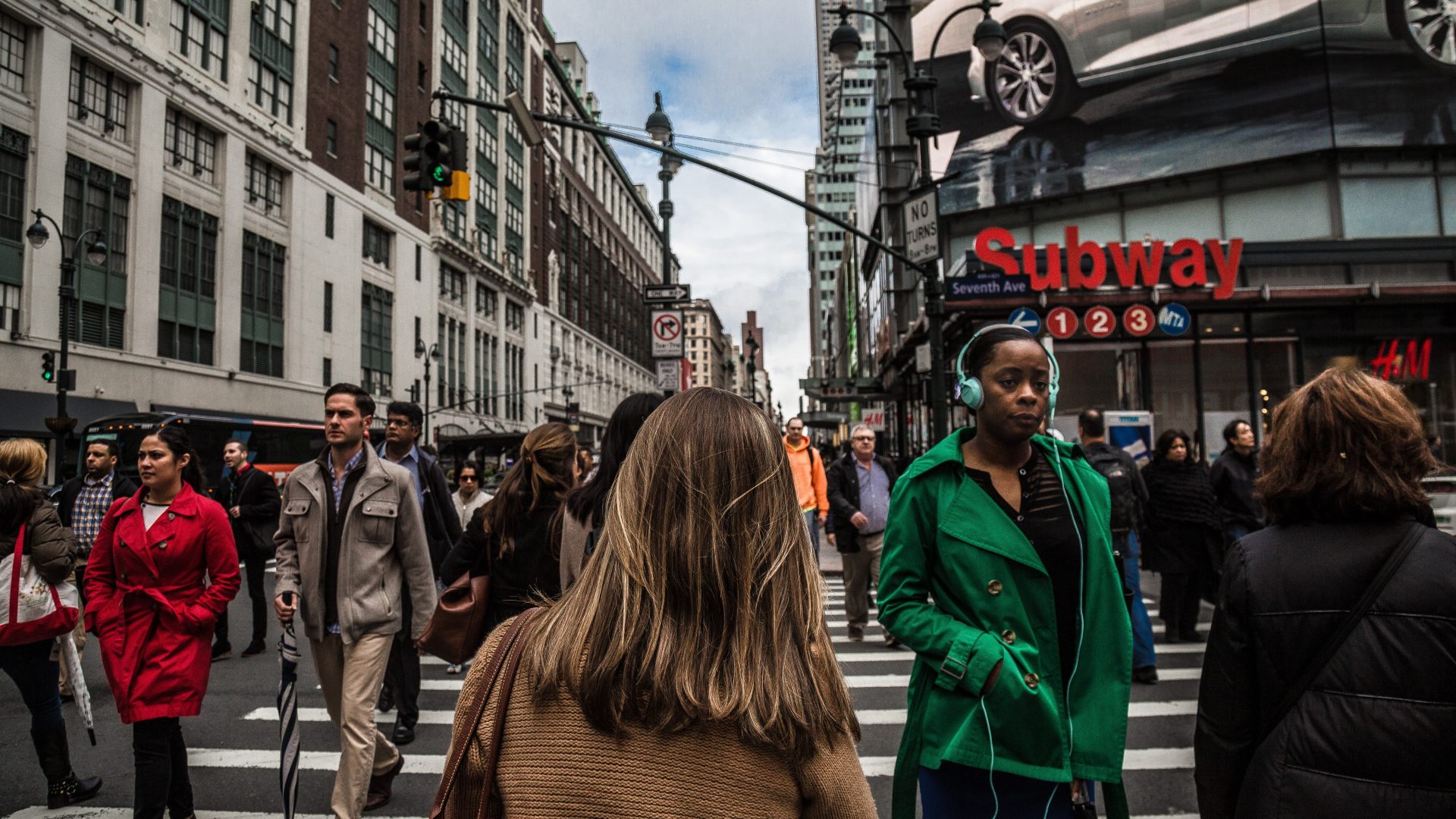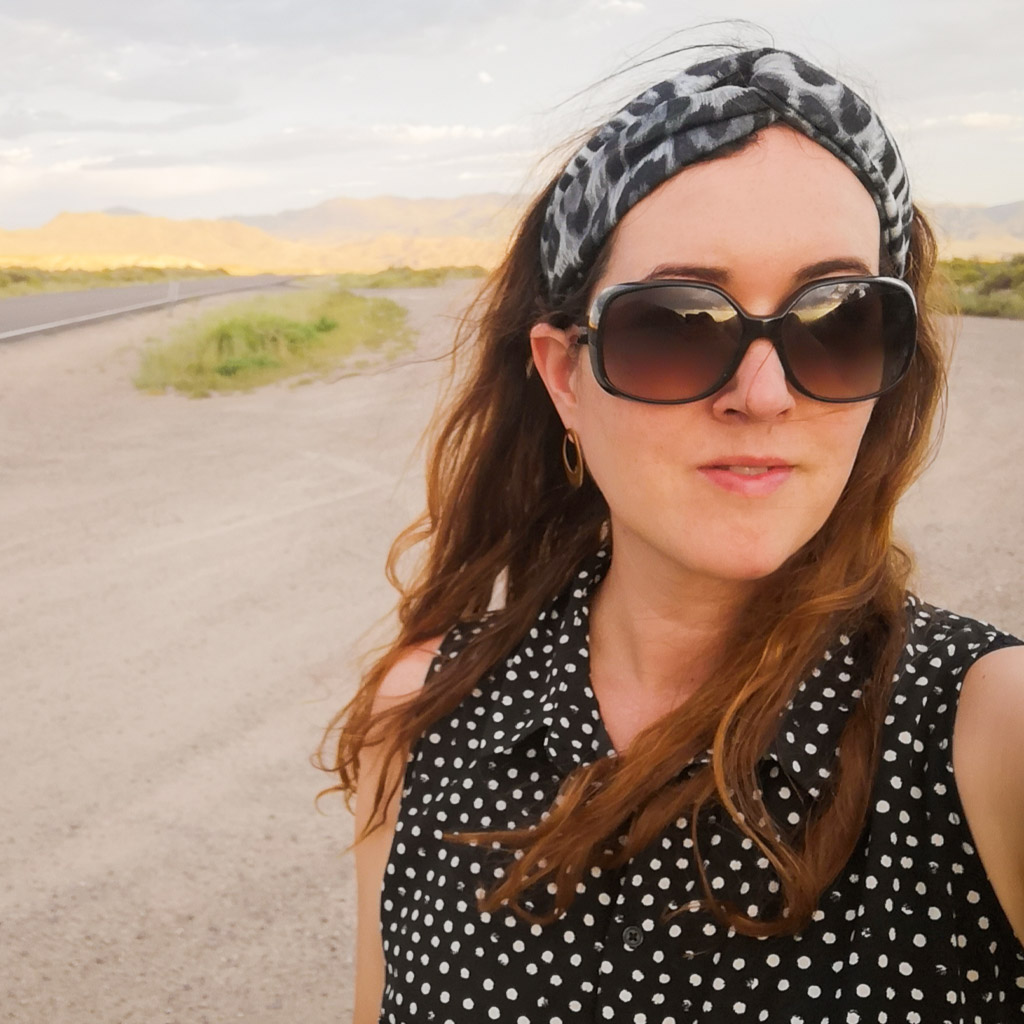
The city is implementing a new regulation that will nix thousands of lodging options for travelers. Can NYC’s new Airbnb policy help locals looking for affordable housing, or will it just adversely affect trips to big destinations?


The city is implementing a new regulation that will nix thousands of lodging options for travelers. Can NYC’s new Airbnb policy help locals looking for affordable housing, or will it just adversely affect trips to big destinations?
Renting out part or all of your home when you’re not using it sounds like a good policy in theory, and travelers have definitively shown that they’re interested in lodging options besides hotels and hostels. But for the people who live and rent in areas with Airbnbs, and are faced with fewer long-term options and higher housing costs, it’s a little more complicated.
New York City has felt the housing crunch as much as anywhere, and in January 2023, new regulations went into effect in New York City that require Airbnb hosts to register their listed properties in a city-run database. Owners would have to provide proof that they reside there themselves, and that the property complies with zoning and safety standards.
It’s not totally clear how many Airbnb listings there are in the city since the company hasn’t made that information public. But a couple of sites that glean data from Airbnb’s website tallied 20,397 and 10,572 units, respectively. By one city official’s estimate, the new regulations would remove around 10,000 listings.
There’s no denying that New York is struggling with ballooning housing costs. In November of 2022, the median monthly rent in Manhattan was over $4,000 and bidding wars over available listings are increasingly common.
That more short-term rentals lead to higher rents and a reduced long-term rental supply is pretty thoroughly documented by research at this point. Whether the new registry will help the long-term housing market is—understandably—the top concern of most city officials and residents. But what does it mean for the city’s travel industry, and for Airbnb’s position in other cities?
A 2018 model by the Bureau of Labor Statistics estimated that Airbnb cut into the hotel industry’s profits by as much as 3.7 percent. But that doesn’t necessarily mean that there will be a booking-for-booking bump at hotels for each lost rental as the same 2018 research also found that around half of Airbnb reservations wouldn’t have been made anywhere else. People looking to stay somewhere with their own kitchen and common spaces, for example, might opt not to travel at all instead of completely changing the nature of their trip by booking a hotel.
Short-term rentals have also kept hotel rates lower than they’d be without the competition, particularly during peak travel times when rates surge to take advantage of demand.
New York isn’t the only place trying to get their runaway cost of living in check, and some may choose to follow in the Big Apple’s footsteps with additional rules to reduce Airbnbs. How much that will help with housing costs depends on what portion of the total available real estate is being used for Airbnb rentals (and New York City has more than most).
The good news for travelers with their hearts set on an Airbnb-style short-term rental is that New York is only cutting back on them, not eliminating them entirely. Or, to say it more simply: They’re still an option. How the new regulation will impact hotels and the tourism industry writ large remains to be seen, but with any luck, the policy will be a step towards balancing the need to alleviate some of the pressure on long-term rentals, while still supporting tourism with a range of lodging options.

Miyo McGinn is Adventure.com's US National Parks Correspondent and a freelance writer, fact-checker, and editor with bylines in Outside, Grist, and High Country News. When she's not on the road in her campervan, you can find her skiing, hiking, and swimming in the mountains and ocean near her home in Seattle, Washington.






Can't find what you're looking for? Try using these tags: